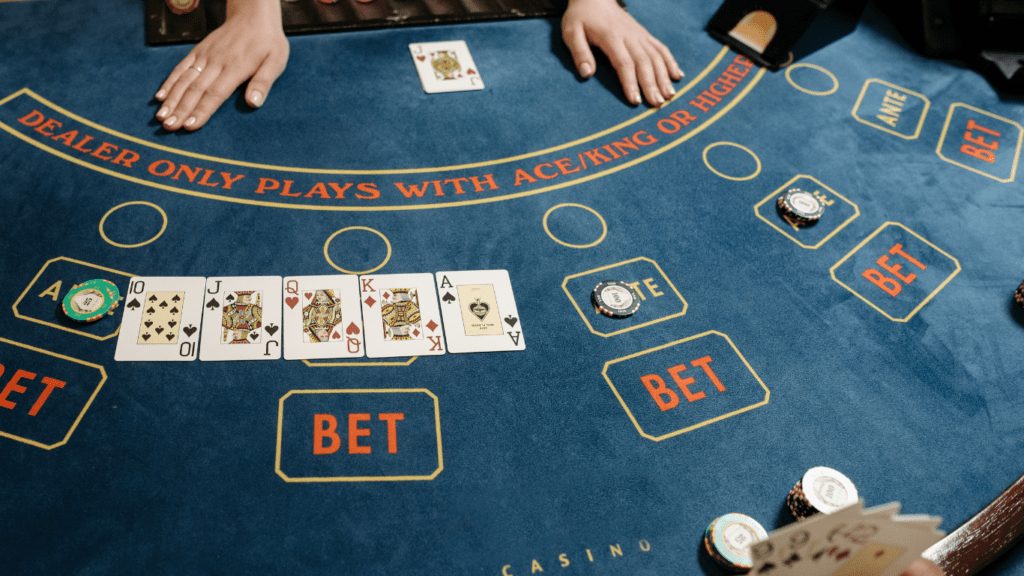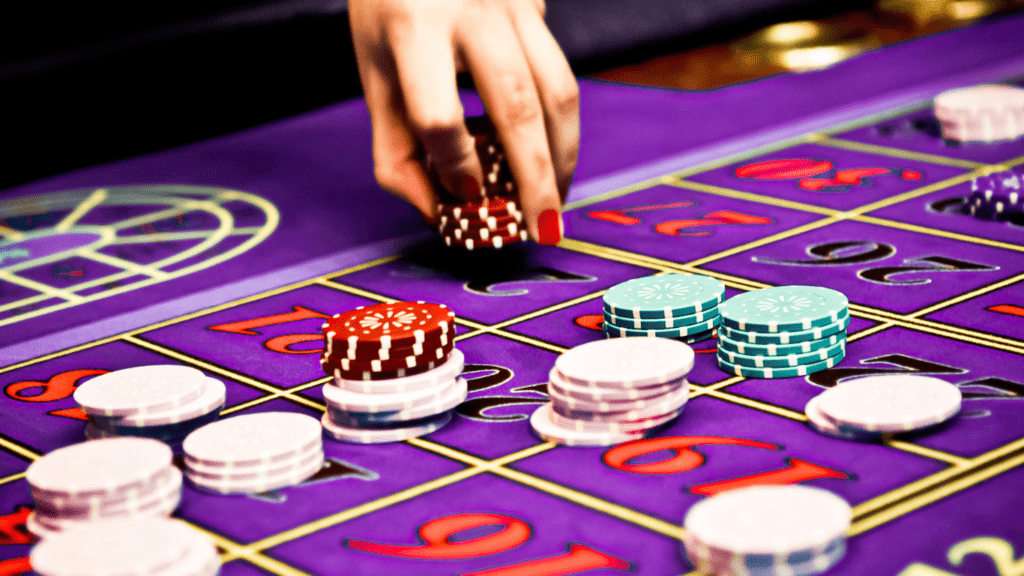The Importance Of Fact-Checking Gambling Strategies
Reliable information plays a crucial role in refining gambling approaches. Without verifying facts, incorrect assumptions may lead to poor decisions and financial loss. Experienced and novice gamblers alike benefit from examining claims through a fact-checking lens. When evaluating a tactic, I consider the source’s credibility, expert opinions, and statistical data.
False beliefs often stem from sensationalized narratives and anecdotal stories. If researched thoroughly, the truth about gambling probabilities and strategy effectiveness reveals itself. Informed decisions increase the odds of success and reduce the chances of falling for deceptive schemes. Evaluating strategies helps in identifying genuine opportunities while avoiding unnecessary risks.
Common Gambling Myths And Misconceptions
Numerous myths about gambling cloud judgment and lead to misguided decisions. Understanding the fallacies is key to making informed choices.
Myth 1: The Gambler’s Fallacy
Many believe that past events influence future outcomes in games of chance. This misconception, known as the Gambler’s Fallacy, falsely suggests a win is due after several losses. In reality, each roll of the dice or spin of the wheel is independent. Relying on this fallacy can lead to poor betting strategies and substantial financial loss.
Myth 2: Luck Always Prevails
Some gamblers think luck dictates success, overshadowing skill and strategy. While luck plays a role in outcomes, skilled players understand probabilities and make decisions based on logic. Professional poker players, for example, consistently apply strategies to enhance their odds. Believing solely in luck ignores the statistical realities of gambling games.
Myth 3: Strategies Guarantee Big Wins
There is a common belief that certain strategies can ensure large profits. In actuality, no strategy can consistently guarantee significant wins due to the inherently unpredictable nature of gambling. Methods like card counting in blackjack might improve odds temporarily but don’t promise long-term wins. Success in gambling often involves:
- combination of knowledge
- skill
- disciplined
bankroll management, not reliance on so-called foolproof strategies.
Evaluating Popular Gambling Strategies

Popular gambling strategies promise to enhance winning odds, yet each carries unique risks and rewards. I aim to analyze these strategies, providing valuable insights into their practicality.
- The Martingale System
The Martingale System advises doubling bets after each loss with the expectation of recouping losses and gaining profit. It relies on the theory of probability that a win is inevitable. However, large bankrolls and table limits constrain its effectiveness, especially during prolonged losing streaks where losses can escalate quickly.
- The Paroli System
The Paroli System suggests doubling bets following a win, capitalizing on streaks to maximize profits while minimizing the risk of significant losses. This strategy emphasizes short-term gains and conserves capital, unlike the Martingale System. Despite its potential to build winning streaks, its reliance on extended positive runs can be unreliable given the game’s randomness.
- Card Counting In Blackjack
Card counting in blackjack involves tracking high and low-value cards to estimate remaining decks’ compositions, aiming to improve betting decisions. This method offers statistically backed advantages over the house by predicting probable outcomes. Casinos discourage card counting, often increasing scrutiny or regulating it, making it less accessible to casual players.
Factors Affecting The Success Of Gambling Strategies
Various elements influence the effectiveness of gambling strategies. Knowledge of these factors assists gamblers in making informed decisions and optimizing their approaches.
House Edge
Every casino game comes with an inherent house edge, which represents the mathematical advantage the casino holds over the players. It’s crucial to understand that this factor significantly impacts long-term success. For example, games like blackjack boast lower house edges compared to games like roulette, translating into different winning probabilities. Choosing games with lower house edges can improve odds for players over time, but it doesn’t eliminate the casino’s advantage.
Psychological Influences
Gambling involves significant psychological elements that can affect judgment. Emotional states like excitement or frustration might lead to impulsive decisions. Recognizing these influences helps in maintaining discipline and making rational choices. For instance, sticking to predetermined limits and avoiding chasing losses can mitigate emotional biases and enhance strategic effectiveness.
Mathematical Probability
Understanding mathematical probability is essential for evaluating gambling strategies. Every game is governed by probabilistic outcomes that remain constant regardless of past events. Knowing the probabilities of different game scenarios aids players in crafting strategies that align with expected outcomes. For example, in poker, knowledge of odds for drawing specific hands can inform betting decisions, thereby increasing winning chances.
Expert Opinions On Effective Gambling Strategies
Several gambling experts have analyzed strategies and shared insights into what truly works. One prominent opinion comes from professional poker player Annie Duke, who emphasizes the role of probability and decision science in gambling. She asserts that understanding odds and staying disciplined are key factors, as emotional play leads to mistakes.
Statistician and gambling analyst Michael Bluejay supports the idea that knowledge of game mechanics is crucial. He argues that strategies like card counting offer advantages because they’re based on mathematical principles, even though casinos might frown upon them.
Experienced blackjack player Edward Thorp, credited with popularizing card counting, highlights the impact of statistical methods on outcomes. He advocates for mastering basic strategy and leveraging small edges to incrementally increase the chances of winning.
Casino industry consultant John Robison advises caution with systems like the Martingale System. He notes that while they might seem appealing, they’re risk-prone due to table limits and require infinite funds which are impractical.
Psychologist and gambling researcher Mark Griffiths points out the psychological element, warning of cognitive biases that often skew judgment. He stresses maintaining a rational mindset to avoid falling into traps like the Gambler’s Fallacy.
These expert opinions converge on the importance of a well-rounded approach. Knowledge, discipline, and understanding psychological influences are vital in effective gambling strategies, while myths and misconceptions should be thoughtfully scrutinized.



 _____
Doyle Ginn – Lead Analyst & Odds Strategist
Doyle Ginn is the numbers guru of Play Gambler Cash. With years of experience decoding betting odds and uncovering hidden patterns, Doyle provides players with actionable strategies to improve their winning chances. His sharp analytical skills make him an invaluable resource for gamblers looking to beat the odds.
_____
Doyle Ginn – Lead Analyst & Odds Strategist
Doyle Ginn is the numbers guru of Play Gambler Cash. With years of experience decoding betting odds and uncovering hidden patterns, Doyle provides players with actionable strategies to improve their winning chances. His sharp analytical skills make him an invaluable resource for gamblers looking to beat the odds.